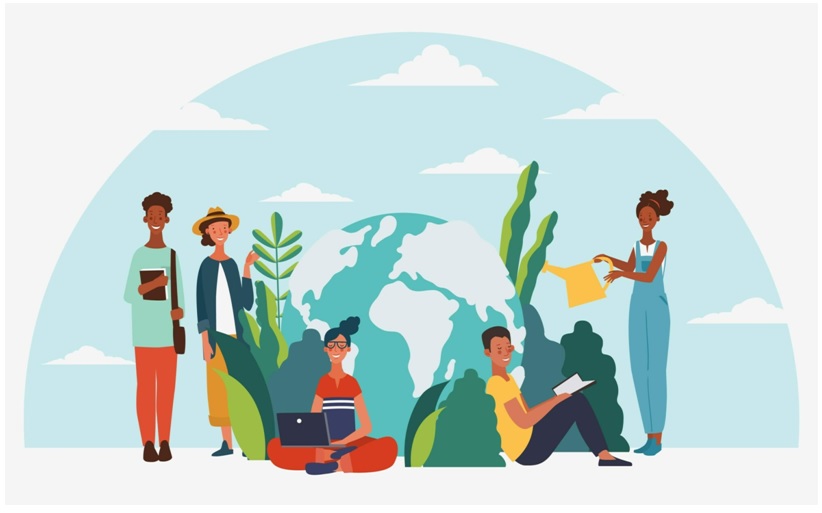In a world increasingly divided by differences, the power of education emerges as a beacon of hope—a transformative force capable of bridging gaps and fostering connections. Imagine classrooms filled with laughter, curiosity, and conversations that transcend cultural boundaries; places where students not only learn facts but also cultivate empathy and understanding.
In this blog post, we’ll explore how education serves as more than just a pathway to knowledge—it becomes the nurturing ground for compassion in our Global Citizenship.
Join us as we delve into inspiring stories, innovative practices, and the profound impact that an empathetic approach to learning can have on creating a better world for all. Buckle up—it’s time to discover how teaching hearts alongside minds can change everything!
The role of schools in promoting global citizenship and cultural awareness
Schools are pivotal in shaping young minds to become responsible global citizens. They have the unique opportunity to introduce students to diverse cultures and perspectives, fostering an environment of understanding.
By integrating multicultural education into their curricula, schools can help students appreciate differences. This promotes respect and empathy for others from various backgrounds.
Extracurricular activities also play a vital role. Programs like international exchange or cultural fairs allow students to engage directly with different communities. Such hands-on experiences deepen awareness and appreciation.
Teachers can enhance this by incorporating global issues into discussions. Topics such as climate change or social justice open avenues for critical thinking about our shared responsibilities on a worldwide scale.
In essence, schools must cultivate spaces where diversity is celebrated, ensuring that future generations embrace the richness of our interconnected world.
Challenges and barriers to incorporating empathy into education systems
Incorporating empathy into Education for human flourishing systems faces several challenges. One major barrier is the traditional focus on standardized testing. This emphasis can overshadow emotional and social learning, limiting opportunities for students to engage in meaningful discussions about diverse perspectives.
Additionally, many educators lack training in teaching emotional intelligence. Without proper resources or professional development, teachers may struggle to create empathetic classrooms.
Cultural differences also play a role. In some regions, individualism prevails over collectivism, making it difficult to nurture a sense of global citizenship among students.
Moreover, large classroom sizes can hinder personal connections between teachers and students. When attention is divided among many learners, fostering genuine understanding becomes increasingly complex.
Lastly, systemic issues like funding disparities often leave schools without adequate programs that promote empathy and cultural awareness. These barriers must be addressed for effective change to occur within educational frameworks.
Conclusion: The future of education as a tool for promoting empathy and creating a more compassionate society.
The future of education holds immense potential as a catalyst for promoting empathy and understanding. By prioritizing these values, we can cultivate a generation that not only excels academically but also thrives emotionally and socially. Education for human flourishing emphasizes the importance of nurturing compassionate individuals who are prepared to engage with diverse communities around the globe.
As educators, parents, and students work together, they can create an environment where empathy is woven into everyday learning experiences. Schools that embrace global citizenship foster critical thinking about societal issues while encouraging respect for different cultures. Collaborative projects, community service initiatives, and inclusive curricula help bridge divides and build connections.
Empathy in education can reshape our world by developing leaders who listen actively and advocate for others. Encouraging open dialogues about social justice or environmental concerns cultivates awareness among young people regarding their impact on society. This mindful approach encourages them to become responsible stewards of change.
While challenges remain—such as standardized testing pressures or rigid curricula—there’s hope in grassroots movements advocating for transformative educational practices focused on emotional intelligence. Teachers equipped with tools to nurture empathy will pave the way toward classrooms that prioritize relationships over rote memorization.
Looking ahead, it’s clear: The evolution of education must align with fostering empathetic citizens prepared to tackle global challenges head-on—with compassion at the forefront of their actions—and ultimately contribute positively towards creating a more compassionate society.








